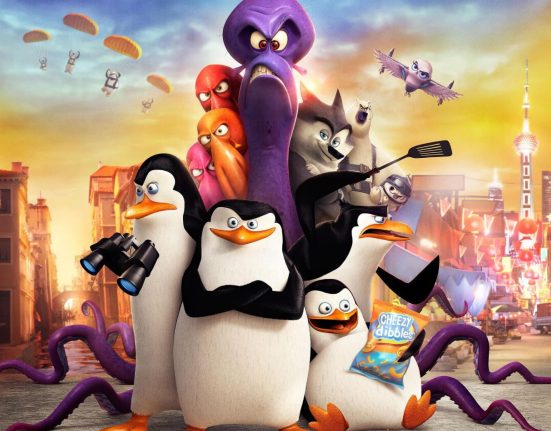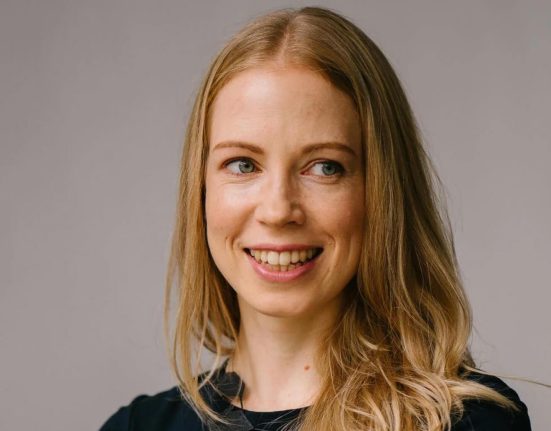Launch Canada’s student rocket competition, now separate from the Anangokaa Festival (formerly Stardust), is largely staying on course as it heads toward its 2024 event. The biggest change to the competition: further expansion, as Launch Canada begins to incorporate local high school students into the competition.
SpaceQ spoke with Launch Canada founder and president Adam Trumpour about the competition and what's happening this year.
Canada 2024 Launch Competition
Trumpour described the Launch Canada 2024 Competition as “Canada’s premier advanced rocket engineering competition.” Student rocket clubs from universities and colleges across Canada meet each year to compete in the challenge in three different divisions: basic rockets, advanced rockets and technical projects.
Overall, the divisions and competition haven’t changed; Trumpour said “the basic format of the competition is really the same as last year.” Basic rockets are comparatively simple, with teams using mostly standard parts, allowing newcomers to rocketry to compete and stand out. Meanwhile, in advanced rocketry, teams build their own more complex rockets: such as multi-stage rockets, hybrid rockets, and liquid-fueled rockets. The technical project category involves a wide variety of different rocket-related technologies: including static engine ignition, communications hardware, and thrust vectoring.
Teams in the advanced and technical categories may end up crossing over as they demonstrate technology used in their advanced rocket project, or technology they may use in future projects.
Teams attend a multi-day conference prior to the launch event, where they work with Launch Canada volunteers to prove their rockets are ready and safe, present their plans to volunteers and the other student teams, and attend lectures and presentations by space professionals. After that, they go to the launch site and make their launch attempts over the course of the next few days. Not all are successful and make nominal launches, but teams are able to return and do so for another attempt the next year. Once the launches are over, both the rocket launches and presentations are judged by Launch Canada volunteers to determine the winners in each division.
Trumpour said there were about 26 team projects this year: 14 “basic launch” projects, 7 “advanced launch” projects and 5 technology projects.

Return to Timmins and Mattagami
While the location has changed from year to year in recent years, Trumpour said this year’s event will be held in the same location as in 2023 — near Timmins, Ontario and the Mattagami First Nation. Trumpour said the move from Cochrane to Timmins was a huge success and a necessary change considering they had “basically doubled the teams from what we had in 2022.” “It all worked out really well,” she said, so they decided to return to the same city and even the same site, ensuring “we don’t have to dig Cape Canaveral out of the woods again.”
Trumpour said that as they return to Timmins and the Mattagami First Nation, they are also looking to strengthen their connection with these local communities. He said he was “really excited” about how “we’ve built some really strong partnerships with the city of Timmins and with the Mattagami First Nation,” and he anticipates that these relationships will help ensure that members of the communities feel comfortable with the competition taking place nearby. Part of that, he said, was increasing the conference portion of the event and incorporating public outreach initiatives. This includes model rocket building events for local youth.
Rocket in a box for high school students
An important new community-focused element is the inclusion of high school students in the event. In addition to the current college rocket teams, Trumpour said they will invite area high school students to participate. The goal is for them to organize and launch something that is “a little more complex than a small model rocket.”
Trumpour said they collaborated with Science Timmins and the Mattagami First Nation to create a “rocket in a box program.” They are creating a standardized high-powered rocket kit that they are making available to high school students in and around Timmins and the Mattagami First Nation, and they are getting a number of volunteers to come to Timmins to help the high school students with their launch kits before the event. Then, he said, “they will be able to take their rockets to the main Launch Canada competition and put all their work to the test and actually fly them.” He said they have been working to arrange transportation for the students.
If all goes well, the high school component of the event could be expanded. Trumpour said, “We’re starting on a trial basis to see how this goes (and)… learn how to do it. If all goes well, we’re looking at trying to expand this,” with the goal of creating “a program that is scalable and accessible.”
Indigenous students and rocketry

The other point Trumpour stressed was the focus on student and indigenous community engagement. Trumpour did not go into detail about the break with the Anangokaa festival, discussed in Previous coverage of SpaceQ. She said only that the organizations were going in different directions and that differences in “considerations and constraints” for the events meant they could not work together this year. In particular, Launch Canada has strict time restrictions to ensure the event did not conflict with students’ schedules, which would create conflicts over timing that ultimately could not be overcome.
However, Trumpour said helping to develop rocketry skills and knowledge among Indigenous students is a key goal for the organization. She pointed to the first predominantly Indigenous team, the one at UBC. Thunderbird Aerospaceas a key example. The team is participating in the most demanding advanced project category and is working on a liquid-powered rocket. He said it was a “hugely ambitious project” but that they have been “really persistent and stuck with it this year,” and he is looking forward to seeing them reveal it at the event.
Aside from that, MDA Space (one of the event's sponsors) is also helping with Indigenous student rocketry. Trumpour said MDA Space has made a funding pool available for teams, like Thunderbird Aerospace, that contain a significant Indigenous component. Trumpour couldn't go into details, but said “MDA is going through the process of evaluating the different requests…we should see at least some teams receiving some financial support as a result of that.”
Trumpour hopes that in the future they will also be able to provide transport and other support to other teams, particularly those that must travel long distances or enjoy less institutional support.
Other notable sponsors include Astros, NordSpace and Pratt and Whitney Canada, which is this year’s lead industry sponsor. The event kicks off on August 17 and Launch Canada will soon share details on where and how people can stream from home.













Leave feedback about this